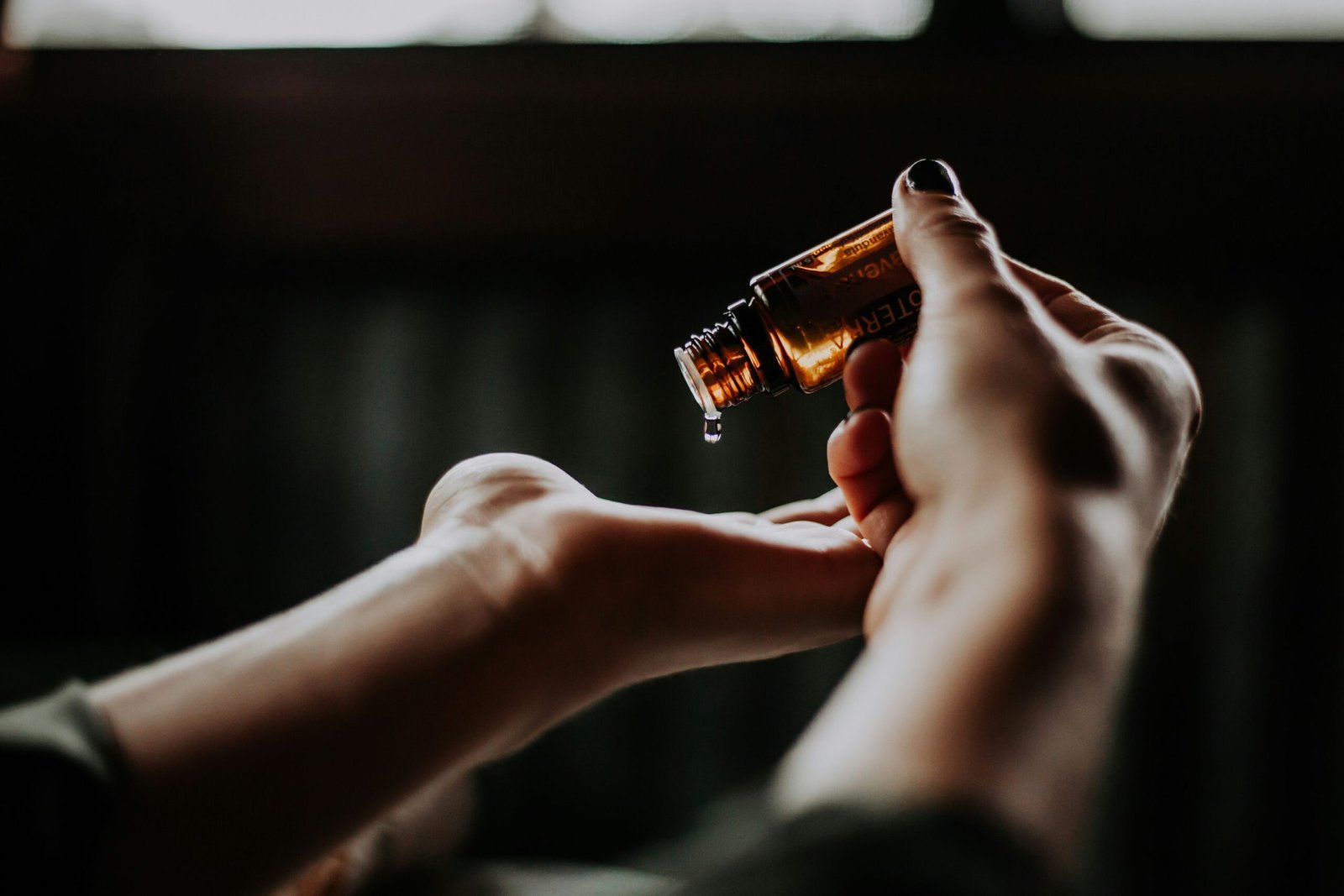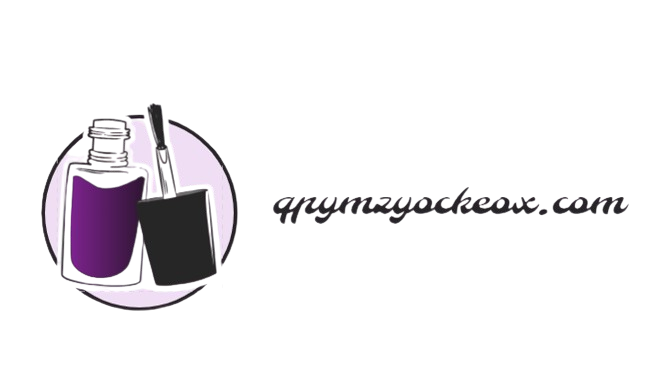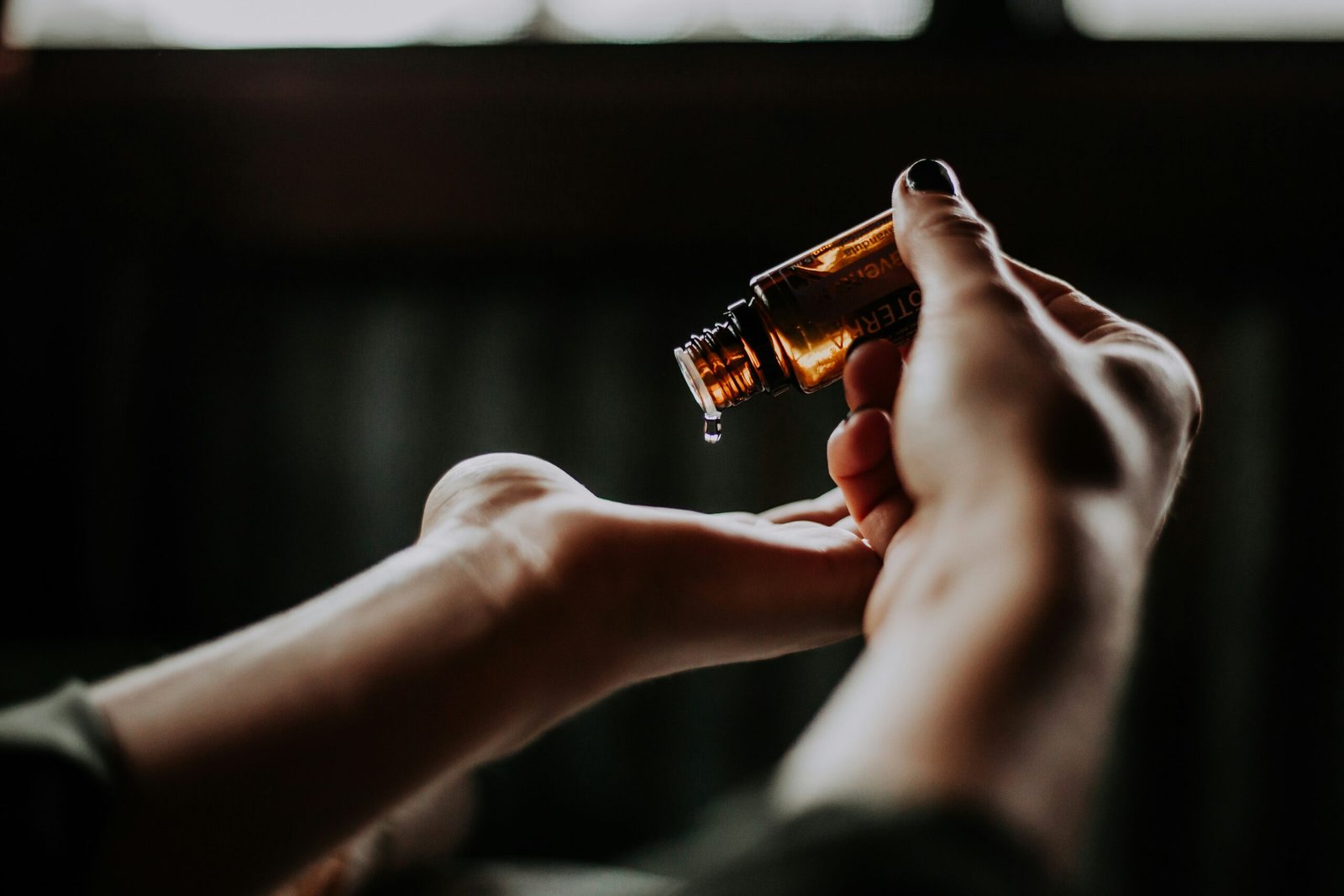
Introduction to Natural Hair Care
In recent years, there has been a significant shift towards natural hair care, driven by an increasing awareness of the potential harm caused by synthetic chemicals in conventional hair products. Many mainstream shampoos and conditioners contain sulfates and silicones, which can strip the hair of its natural oils and lead to dryness, irritation, and long-term damage. As consumers become more educated about the ingredients in their hair care products, the demand for natural, sulfate-free, and silicone-free alternatives has grown substantially.
Natural hair care emphasizes the use of products formulated with ingredients derived from nature, such as plant extracts, essential oils, and botanical infusions. These ingredients are not only gentler on the hair and scalp but also provide nourishment and support for healthy hair growth. By choosing natural shampoos and conditioners, individuals can avoid the harsh chemicals that disrupt the hair’s natural balance and instead promote a more holistic approach to hair care.
One of the primary concerns with sulfates, commonly found in conventional shampoos, is their strong cleansing power, which can be too aggressive for many hair types. Sulfates can strip away the natural oils that protect and moisturize the hair, resulting in dryness and increased susceptibility to damage. Similarly, silicones, often included in conditioners to provide a smooth, shiny finish, can build up on the hair over time, leading to dullness and difficulty in achieving a thorough cleanse.
Opting for natural, sulfate-free, and silicone-free hair care products can help maintain the integrity of the hair and scalp, supporting overall hair health. These products are designed to work in harmony with the hair’s natural oils and structure, ensuring a gentle yet effective cleansing and conditioning experience. As we delve deeper into the benefits and options available in natural hair care, it’s clear that embracing these products can make a significant difference in achieving and maintaining beautiful, healthy hair.
Understanding Sulfates and Silicones
Sulfates and silicones are prevalent in many hair care products, often due to their functional benefits. Sulfates, such as sodium lauryl sulfate and sodium laureth sulfate, are surfactants that create the rich lather many people associate with cleansing. They work by breaking down oils and dirt on the scalp and hair, making them easier to rinse away. This cleansing efficacy is why sulfates are common in shampoos.
Silicones, on the other hand, are synthetic compounds used primarily to add shine and smoothness to the hair. Ingredients like dimethicone and cyclopentasiloxane coat the hair shaft, creating a barrier that helps to lock in moisture, reduce frizz, and give hair a glossy finish. These properties make silicones popular in conditioners and styling products.
However, despite their benefits, sulfates and silicones can have several negative effects on hair health. Sulfates can be overly harsh, stripping the hair of its natural oils, leading to dryness and irritation of the scalp. This can be particularly problematic for individuals with sensitive skin or conditions like eczema. Sulfates may also cause color fading in dyed hair, making them less suitable for those with color-treated locks.
Silicones, while beneficial in the short term, can lead to long-term issues. They tend to build up on the hair over time, which can cause a heavy, greasy feeling and may prevent moisture from penetrating the hair shaft. This buildup can lead to dryness and brittleness, counteracting the initial hydration benefits. Additionally, some silicones are not water-soluble, making them difficult to remove without the use of strong cleansing agents, which often contain sulfates.
Given these potential drawbacks, many consumers are turning to natural shampoos and conditioners that are sulfate and silicone-free. These products aim to cleanse and condition hair without the adverse effects associated with these common ingredients, promoting healthier hair and scalp in the long run.
Benefits of Using Natural Ingredients
Opting for shampoos and conditioners formulated with natural ingredients can significantly enhance the health and vitality of your hair and scalp. Unlike their synthetic counterparts, natural products harness the power of botanical extracts and essential oils, offering a range of benefits that contribute to overall hair wellness.
One of the primary advantages of natural ingredients is their ability to nourish the hair and scalp deeply. For instance, aloe vera is renowned for its hydrating properties. It penetrates the hair shaft, providing essential moisture that can help repair damage and prevent dryness. Additionally, aloe vera soothes the scalp, reducing irritation and promoting a healthy environment for hair growth.
Coconut oil is another powerhouse ingredient commonly found in natural shampoos and conditioners. Rich in fatty acids and vitamins, coconut oil strengthens hair strands, reducing breakage and split ends. Its antimicrobial properties also help maintain scalp health by combating dandruff and other scalp conditions.
Essential oils such as lavender, peppermint, and tea tree oil offer unique benefits that cater to various hair needs. Lavender oil is known for its calming effects and can help alleviate stress-induced hair issues. Peppermint oil stimulates blood circulation to the scalp, promoting hair growth and providing a refreshing, cooling sensation. Tea tree oil, with its antiseptic properties, effectively tackles scalp infections and controls excess oil production, leading to a balanced and healthy scalp.
Natural ingredients not only provide vital nutrients but also minimize the risk of adverse reactions. Without the harsh chemicals like sulfates and silicones, these products are less likely to cause irritation, making them suitable for sensitive scalps. Furthermore, the absence of synthetic additives means that natural shampoos and conditioners are often biodegradable, making them an eco-friendly choice.
Incorporating natural ingredients into your hair care routine can lead to stronger, healthier, and more vibrant hair. By choosing products enriched with natural goodness, you can enjoy the multifaceted benefits that these ingredients offer, ensuring your hair receives the best care possible.
How to Identify Truly Natural Hair Care Products
Choosing natural hair care products can be a daunting task with the plethora of options available today. To ensure you are selecting genuinely natural shampoos and conditioners, it is crucial to become adept at reading ingredient labels. Look for a short list of recognizable ingredients derived from plants and other natural sources. Avoid products that contain sulfates, silicones, parabens, and synthetic fragrances, as these can be harmful to both your hair and the environment.
Certifications and labels such as ‘organic,’ ‘non-toxic,’ and ‘ECOCERT’ can serve as helpful indicators of a product’s authenticity. However, it is essential to understand what these labels signify. ‘Organic’ products should contain organic ingredients that are free from synthetic fertilizers and pesticides. A ‘non-toxic’ label indicates that the product does not contain ingredients known to cause harm to human health. Certifications from reputable organizations ensure that the product has undergone thorough testing and meets specific standards.
Greenwashing is a prevalent issue in the natural hair care market, where companies use misleading claims to appear more environmentally friendly than they actually are. Be wary of terms like ‘all-natural’ and ‘pure,’ which are often unregulated and can be used loosely. Always cross-check the ingredient list and look for transparency from the brand about their sourcing and manufacturing processes.
Opting for products from reputable brands with a history of commitment to natural and sustainable practices can also make a significant difference. These brands typically provide detailed information about their ingredients and ethical sourcing policies. Additionally, conducting your own research on product ingredients can help you make more informed decisions. Websites and apps that offer ingredient breakdowns and safety ratings can be invaluable resources in your quest for truly natural hair care products.
By following these guidelines, you can navigate the complexities of the natural hair care market with greater confidence and ensure that you are making choices that are beneficial for both your hair and the environment.
When it comes to selecting the best natural shampoos, it is essential to consider products free from sulfates and silicones. These ingredients, commonly found in conventional shampoos, can strip hair of its natural oils and create build-up over time. Below are some top-rated natural shampoos that cater to various hair types and needs.
1. Acure Curiously Clarifying Shampoo
Acure’s Curiously Clarifying Shampoo is a popular choice for those seeking a sulfate-free option. This shampoo is enriched with organic ingredients such as lemongrass and argan oil, which help to cleanse the scalp without drying it out. It is particularly beneficial for those with oily hair, as it effectively removes excess sebum while maintaining the hair’s natural moisture balance.
2. SheaMoisture Coconut & Hibiscus Curl & Shine Shampoo
Ideal for curly hair, SheaMoisture’s Coconut & Hibiscus Curl & Shine Shampoo is formulated to enhance the natural texture of curls. Its key ingredients include coconut oil, silk protein, and neem oil, which work together to hydrate, strengthen, and add shine to the hair. This shampoo is also free from sulfates, parabens, and phthalates, making it a safe option for regular use.
3. Avalon Organics Biotin B-Complex Thickening Shampoo
For those with fine or thinning hair, Avalon Organics Biotin B-Complex Thickening Shampoo offers a solution. This shampoo contains biotin, saw palmetto, and vitamin E, which promote hair growth and improve overall hair thickness. The plant-based formula is gentle on the scalp and helps to create the appearance of fuller, healthier hair.
4. Rahua Classic Shampoo
Rahua Classic Shampoo is a luxurious option that is suitable for all hair types. It features rahua oil, known for its regenerative properties, and palo santo oil, which imparts a pleasant aroma. This shampoo not only cleanses but also strengthens and nourishes the hair, making it ideal for those looking to maintain healthy, resilient locks.
Tips for Choosing the Right Natural Shampoo
When selecting a natural shampoo, it is crucial to consider your specific hair type and needs. For instance, if you have dry hair, look for shampoos with hydrating ingredients like aloe vera and coconut oil. For oily hair, choose products with clarifying agents like tea tree oil. Additionally, consider whether the shampoo addresses any specific concerns, such as dandruff or hair loss. Reading product labels and reviews can also provide valuable insights into the effectiveness of the shampoo.
Top Recommendations for Natural Conditioners
When it comes to maintaining healthy and vibrant hair, selecting the right natural conditioner is just as crucial as choosing the right shampoo. Here, we provide an overview of some top-rated natural conditioners, highlighting their main ingredients and the specific benefits they offer. Whether you need moisture, volume, or repair, there’s a conditioner tailored to meet your needs.
1. Shea Moisture Raw Shea Butter Restorative Conditioner
This conditioner is enriched with raw shea butter, sea kelp, and argan oil. It is specifically designed for dry and damaged hair, providing intense moisture and helping to restore natural shine and softness. The absence of sulfates and silicones ensures that your hair retains its natural oils, making it a perfect choice for those seeking deep hydration and repair.
2. Giovanni Tea Tree Triple Treat Conditioner
Infused with organic tea tree oil, peppermint, and eucalyptus, this conditioner invigorates the scalp and strengthens hair. It’s excellent for those with oily hair, as tea tree oil helps to balance scalp oil production. The cooling effect of peppermint and eucalyptus also makes it a refreshing option for daily use, promoting scalp health without the use of harmful chemicals.
3. Acure Daily Workout Watermelon & Blood Orange Conditioner
Ideal for all hair types, this conditioner features watermelon, blood orange, and pomegranate extracts. These natural ingredients provide a burst of hydration and help to detangle hair, making it easier to manage. The fruity aroma is an added bonus, leaving hair smelling fresh and clean after each use.
4. Burt’s Bees More Moisture Conditioner with Baobab
Formulated with baobab oil, avocado oil, and cupuaçu butter, this conditioner offers deep nourishment and hydration. It is particularly beneficial for curly and coily hair types, as it helps to define curls and reduce frizz. The natural oils penetrate deeply, leaving hair soft, shiny, and more manageable.
When selecting a natural conditioner, consider your hair type and desired outcome. For moisture and repair, opt for products with rich oils and butters. For volume, choose conditioners that are lightweight yet hydrating. Always check the ingredient list to avoid sulfates and silicones, ensuring your hair receives only the best natural care.
Transitioning to Natural Hair Care Products
Switching to natural hair care products can be a rewarding journey, but it often requires a period of adjustment. When transitioning from conventional shampoos and conditioners to natural alternatives, it’s common to encounter changes in hair texture and scalp condition. These adjustments occur because natural products lack synthetic ingredients like sulfates and silicones, which can create a temporary imbalance as your hair and scalp detoxify.
During the initial phase, you might notice your hair feels different, perhaps less smooth or more prone to tangling. This is a normal part of the adaptation process. Conventional products often coat the hair with silicones, creating an artificial smoothness. As you strip away these residues, your hair’s natural texture will emerge, which might feel unusual at first.
To ease this transition, consider gradually introducing natural products into your routine. Start by alternating between your conventional and natural shampoo and conditioner. This approach allows your hair and scalp to adapt slowly, minimizing any potential shock to your system. Additionally, incorporating clarifying treatments can help remove any buildup from previous products, ensuring your hair is fully prepared to receive the benefits of natural care.
Another helpful tip is to use apple cider vinegar rinses or baking soda treatments once a week. These natural clarifiers can effectively cleanse the scalp and hair, removing any lingering residues from synthetic ingredients. Moreover, maintaining a consistent hair care routine is crucial. Regularly using natural shampoos and conditioners will gradually improve your hair’s health and appearance as it adjusts to the absence of harsh chemicals.
Patience is key when transitioning to natural hair care products. The initial changes may seem daunting, but with time and persistence, your hair will adapt and thrive. Embracing this change not only benefits your hair’s health but also supports a more sustainable and eco-friendly lifestyle.
Long-Term Benefits of Natural Hair Care
The transition to natural shampoos and conditioners, particularly those free from sulfates and silicones, offers numerous long-term benefits for your hair. Consistent use of these products can lead to healthier, stronger, and more resilient hair over time. This is largely due to the absence of harsh chemicals that can strip the hair of its natural oils and cause damage. Instead, natural hair care products often contain nourishing ingredients like essential oils, plant extracts, and vitamins that support the overall health of your hair and scalp.
One of the primary advantages of using natural shampoos and conditioners is the improvement in hair texture and strength. Natural ingredients help to fortify the hair shaft, making it less prone to breakage and split ends. This results in hair that feels smoother and looks shinier. Moreover, the scalp benefits from reduced exposure to irritants, which can help to alleviate issues such as dryness, itching, and dandruff.
Another significant benefit is the long-term sustainability of using natural hair care products. For individuals who are concerned about the environmental impact of their beauty routines, natural shampoos and conditioners are often formulated with biodegradable ingredients and come in eco-friendly packaging. This makes them a more sustainable choice compared to conventional hair care products that may contain non-biodegradable substances and contribute to plastic waste.
Real-life testimonials further underscore the positive impact of natural hair care. Many individuals who have made the switch report noticeable improvements in their hair’s health and appearance. For example, Sarah, a long-time user of natural hair care products, shares that her hair has become significantly less frizzy and more manageable since she stopped using products with sulfates and silicones. Similarly, John, who struggled with an itchy scalp for years, found relief after switching to a sulfate-free shampoo enriched with tea tree oil.
Overall, the long-term benefits of natural hair care extend beyond just the physical appearance of your hair. They encompass the health of your scalp, the strength and resilience of your hair, and the sustainability of your beauty routine. By choosing natural shampoos and conditioners, you invest in the long-term health and beauty of your hair while also making a positive impact on the environment.


